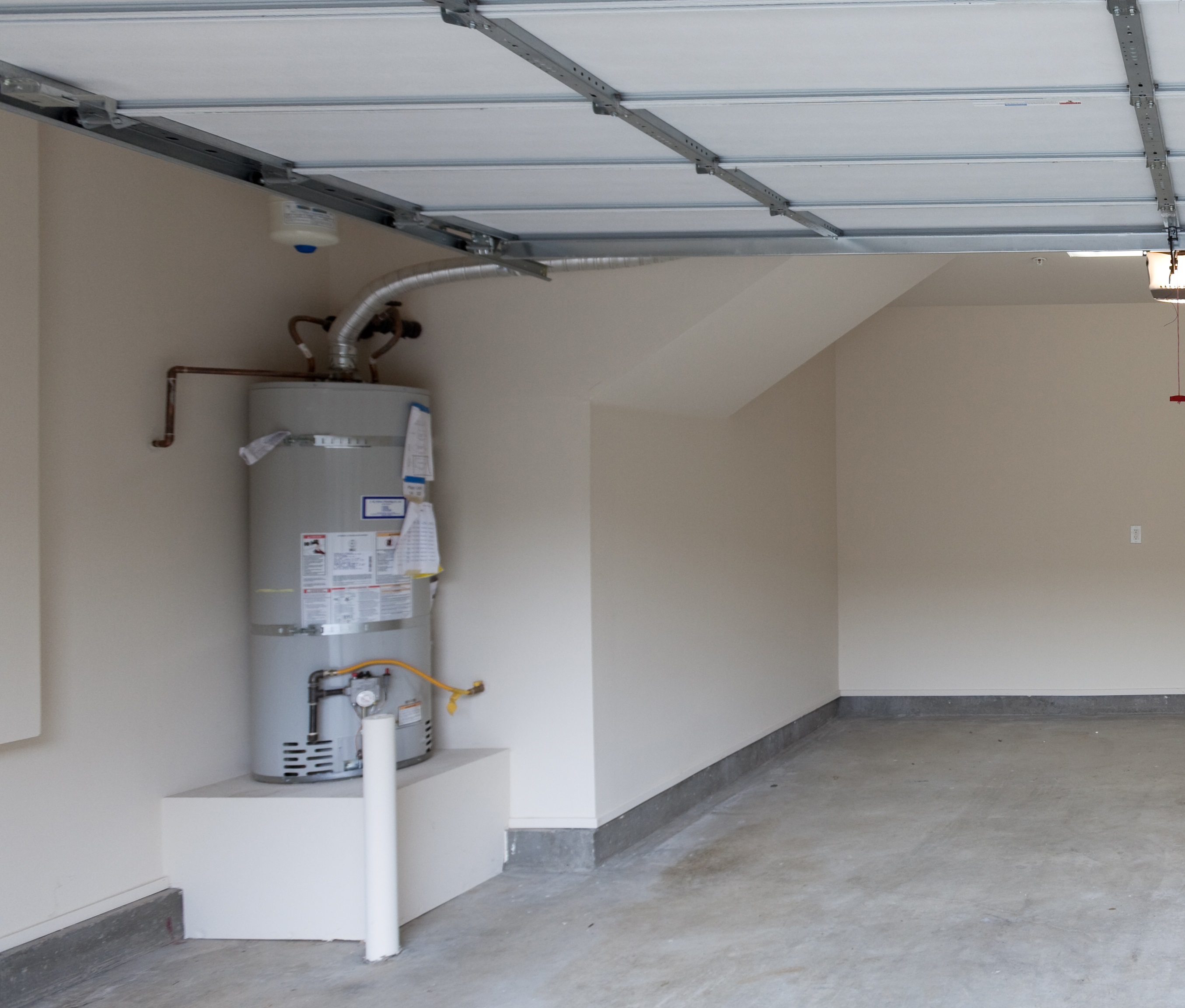
The energy factor indicates a water heater's overall energy efficiency based on the amount of hot water produced per unit of fuel consumed over a typical day. This includes the following:
- Recovery efficiency: How efficiently the heat from the energy source is transferred to the water
- Standby losses: The percentage of heat loss per hour from the stored water compared to the heat content of the water (water heaters with storage tanks)
- Cycling losses: The loss of heat as the water circulates through a water heater tank, and/or inlet and outlet pipes
The higher the energy factor, the more efficient the water heater. However, higher energy factor values don't always mean lower annual operating costs, especially when you compare fuel sources.
Product literature from a manufacturer usually provides the energy factor. Don't choose a water heater model based solely on its energy factor, however. When selecting a water heater, it's also important to consider size, first hour rating, fuel type, and overall cost.
Source: Energy.gov


